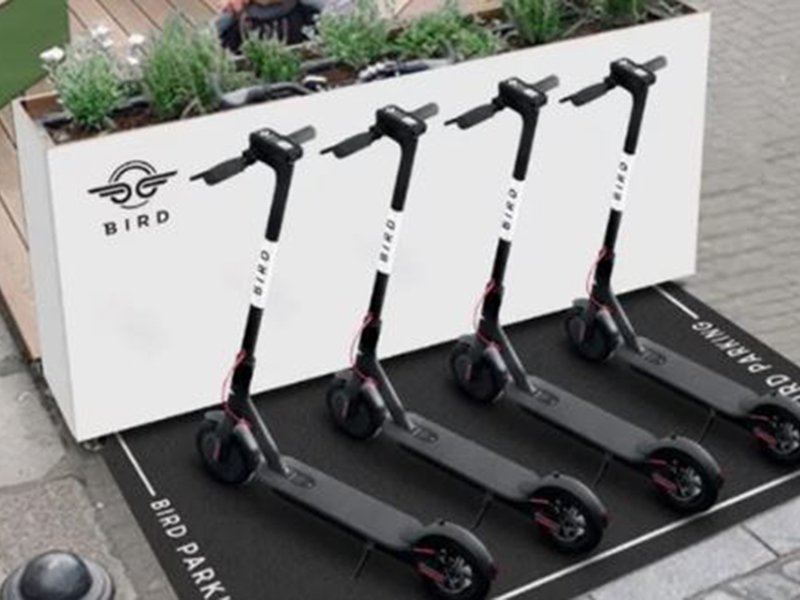
Micromobility services have begun to feel the impact of the COVID-19 pandemic as it rips through every aspect of the global auto industry.
One such example: e-scooter company Bird, which is reducing company headcounts as it braces for financial instability heightened by COVID-19. The Santa Monica, Calif.-based company is laying off about 30 percent of its employees, according to a company memo obtained by TechCrunch.
The internal memo reportedly cites Bird CEO Travis VanderZanden and says, “The unprecedented COVID-19 crisis has forced our leadership team and the board of directors to make many extremely difficult and painful decisions relating to some of your teammates. As you know, we’ve had to pause many markets around the world and drastically cut spending.”
Bird did not immediately respond to request for comment.
Competing scooter company Lime also is considering turning to layoffs, Bloomberg reported, but Lime has not publicly announced any cuts and declined to comment.
The short-term future of mobility services, from ride hailing to short-term car rentals to scooters, is rocky as some users temporarily stray from use of shared transportation.
Scooter providers have been pulling out of various markets worldwide as the pandemic continues to spread, which has instigated a necessary tightening of operations.
As riders reduce use of these services under stay-at-home orders in numerous markets across the globe, some companies are reducing their fleets or doubling down on cleaning just to stay afloat.
Bird released a memo earlier in March about increasing the daily frequency with which the company cleans and sanitizes its vehicles and helmets, increasing the frequency of its deep-clean “Bird Baths” that take place in Bird’s local service centers, and providing extra gloves for field service staff members.
Other mobility providers, such as ride-hailing companies Uber and Lyft, also have been navigating the increased need for cleanliness and informing drivers and riders of cleaning protocols.
Uber and Lyft also have temporarily suspended their shared-rides features.
Still, demand for ride-hailing trips in recent weeks has mirrored that of scooter usage and declined across the U.S. Many drivers told Reuters they stopped driving over fears of getting exposed to the virus or infecting others.